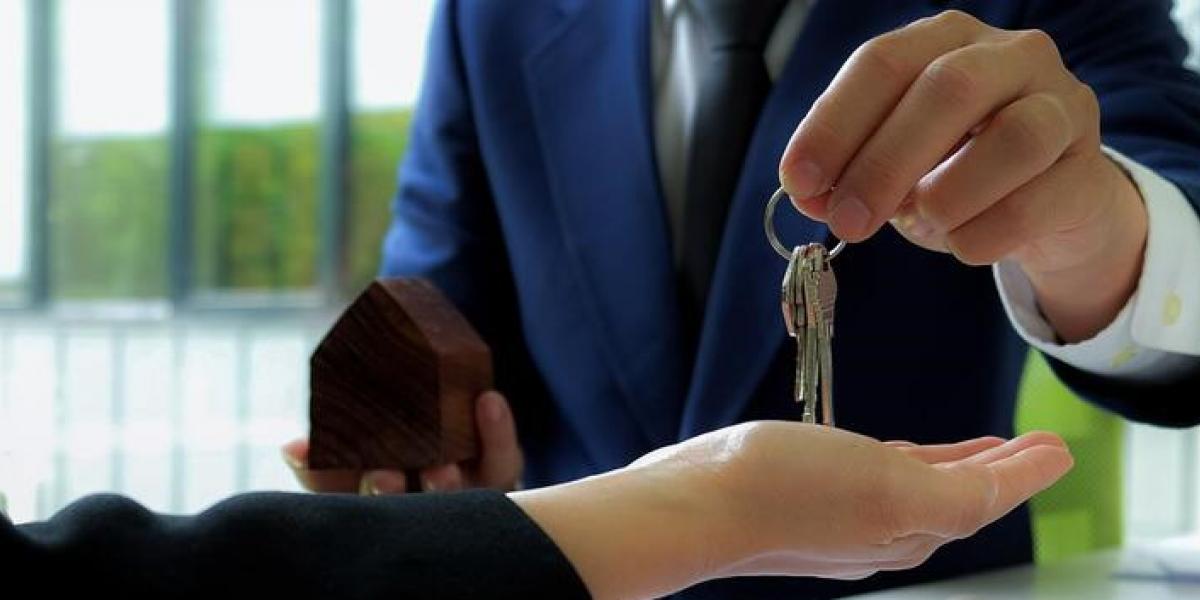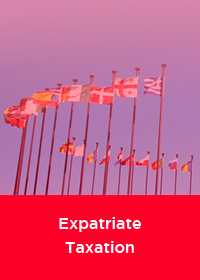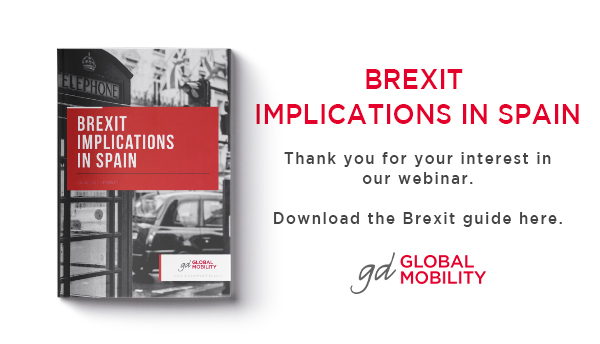
There are differences between the taxes that have to be paid when selling a house depending on whether you are a foreigner or Spanish. However, when buying a home, national citizens and non-resident foreigners pay the same with regards to taxation, always taking into account the differences between buying a completely new or previously owned house.
Taxes when selling a home if you are a foreigner
Every foreigner must pay taxes if they have obtained income in Spanish territory as a result of the sale of their permanent establishment and if the worldly value of said dwelling has increased while it has been their property. The foreigner will pay:
- Due to IRNR (Non-Resident Income Tax): If a capital gain has been obtained in the sale of the home, then taxes will need to be paid on it. Based on this, the difference between the acquisition value and transfer value of the property will need to be determined first of all. Once these values are obtained, a 19% rate is applied to the difference between them for residents of the EU, Norway and Iceland, and a 24% rate for the rest as a general rule. However, on many occasions it is difficult to locate the foreign seller of the property or their tax obligations are simply unknown, so a tax fee is applied as an obligation on the buyer: sometimes the buyer will have to apply a 3% rate on the agreed value of the sale to avoid the non-resident leaving without paying tax. You can find more information in articles 16, 19 and 25 of the Non-Resident Income Tax Law (Ley del Impuesto sobre la Renta de no Residentes)
- Due to IIVTNU (Tax on the Increase in Value of Urban Land/Municipal Capital Gain): If there has been an increase in the value of the land of the property, and bearing in mind that the seller assumes that the land has increased in value during the time that it has been in their possession, then this tax must be paid when the home is sold. In this case, the buyer also has to be aware of withholding from the purchase price the amount corresponding to the capital gain, since they will have to pay the said amount if the seller does not. This is a mechanism to ensure that added value is always paid. About the municipal capital gain, it should be remembered that the Constitutional Court has declared the case in which the tax to be paid is greater than the profit obtained after the sale and purchase operation to be unconstitutional. You can find more information concerning this tax from article 104 onwards of the Law Regulating Local Taxation (Ley Reguladora de las Haciendas Locales)
As we can see, the non-resident foreigner who decides to sell a home in Spanish territory must pay taxes that would not affect a Spanish seller.
On the other hand, the taxes when buying a house will be the same for the taxpayer, whether they are Spanish or a non-resident foreigner. What does vary is the kind of house, depending on whether it is new or previously owned (that is to say, it is not the first transfer). We shall outline these taxes briefly below:
Taxes when buying a new home as a foreigner
- IVA (Value Added Tax): this will be 10% of the price and 21% if it is a commercial property. The percentage of IVA applicable when a foreigner buys a home in Spain is uniform throughout the territory, so it does not vary depending on the Autonomous Community. There is only one exception: in the Canary Islands, the homebuyer must pay the seller the Canary Islands General Indirect Tax (IGIC), set at 7%.
- AJD (Documented Legal Acts): in addition to IVA, when purchasing a new home (that is to say, first transfer), the buyer must pay this regional tax that ranges between 0.5% and 2% of the purchase value. In this case, each Autonomous Community does set the percentage. However, you can take advantage of various reductions if you are under 35 years old and the home you want to buy costs less than €130,000 or if you have an officially recognized disability and the property does not cost more than €180,000.
Buying a previously-owned home as a foreigner
Another option is to acquire a property that was already sold in the past and that becomes previously owned.
- ITP (Property Transfer Tax): this is a progressive tax, so it will depend on the price of the property that will vary depending on each Autonomous Community. As a general rule, the basis is:
- An 8% rate for homes that do not exceed €400,000.
- A 9% rate when the price of the property is between €400,001 and €700,000.
- A 10% rate when the price is €700,001 or more.
This is a tax that is paid after signing the public deed before a notary and must be paid whenever IVA is not applied in the transfer.





